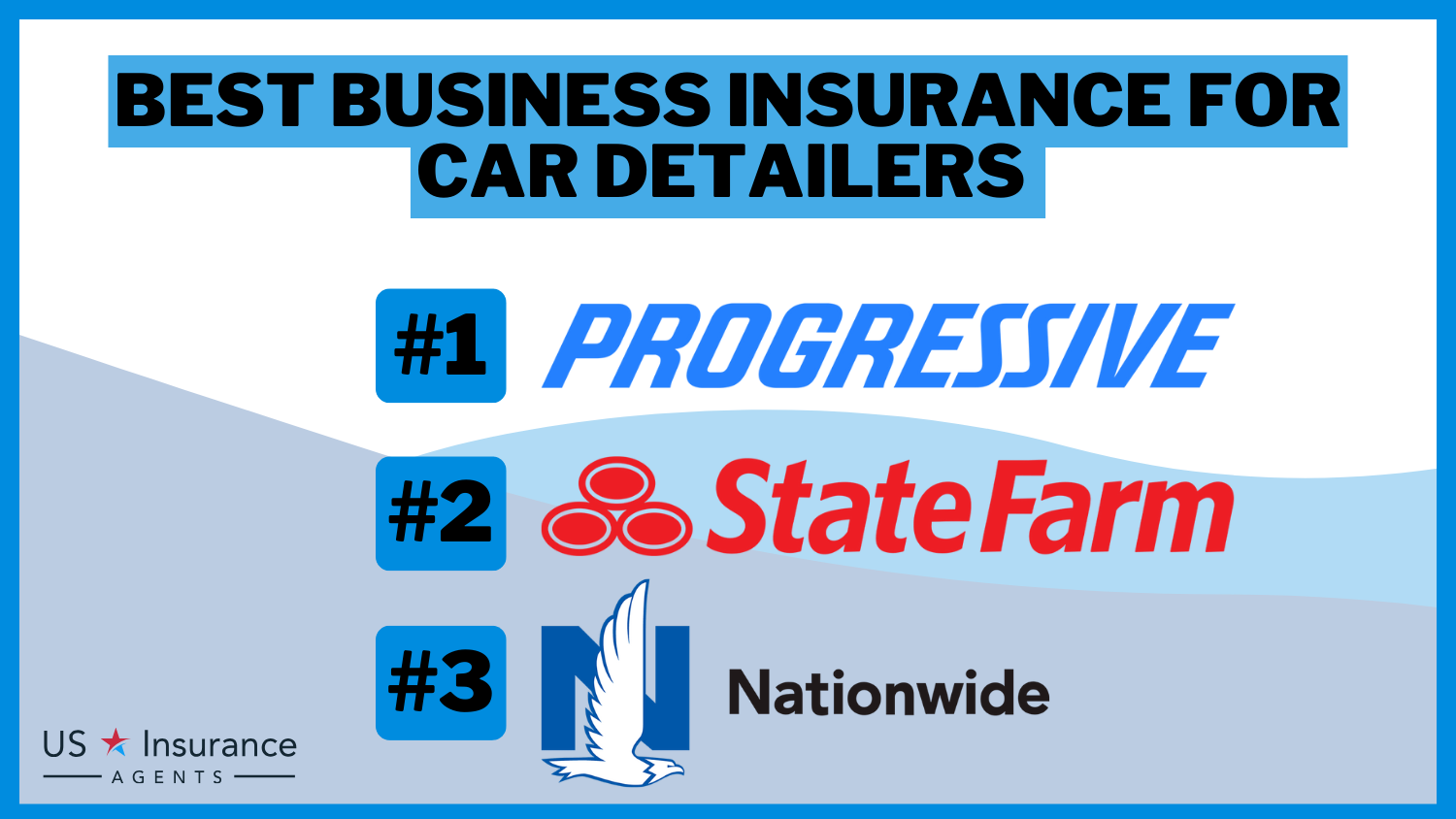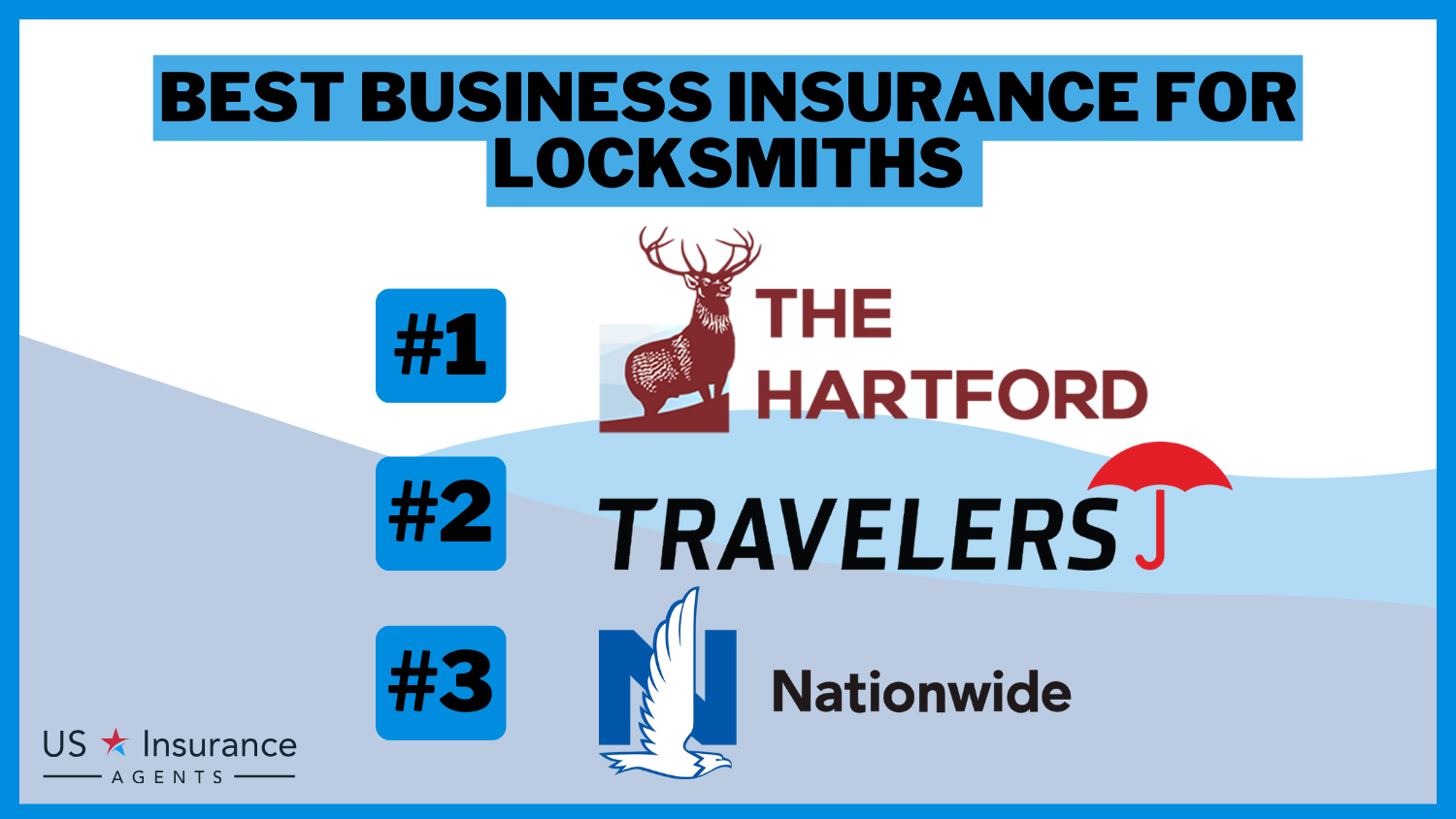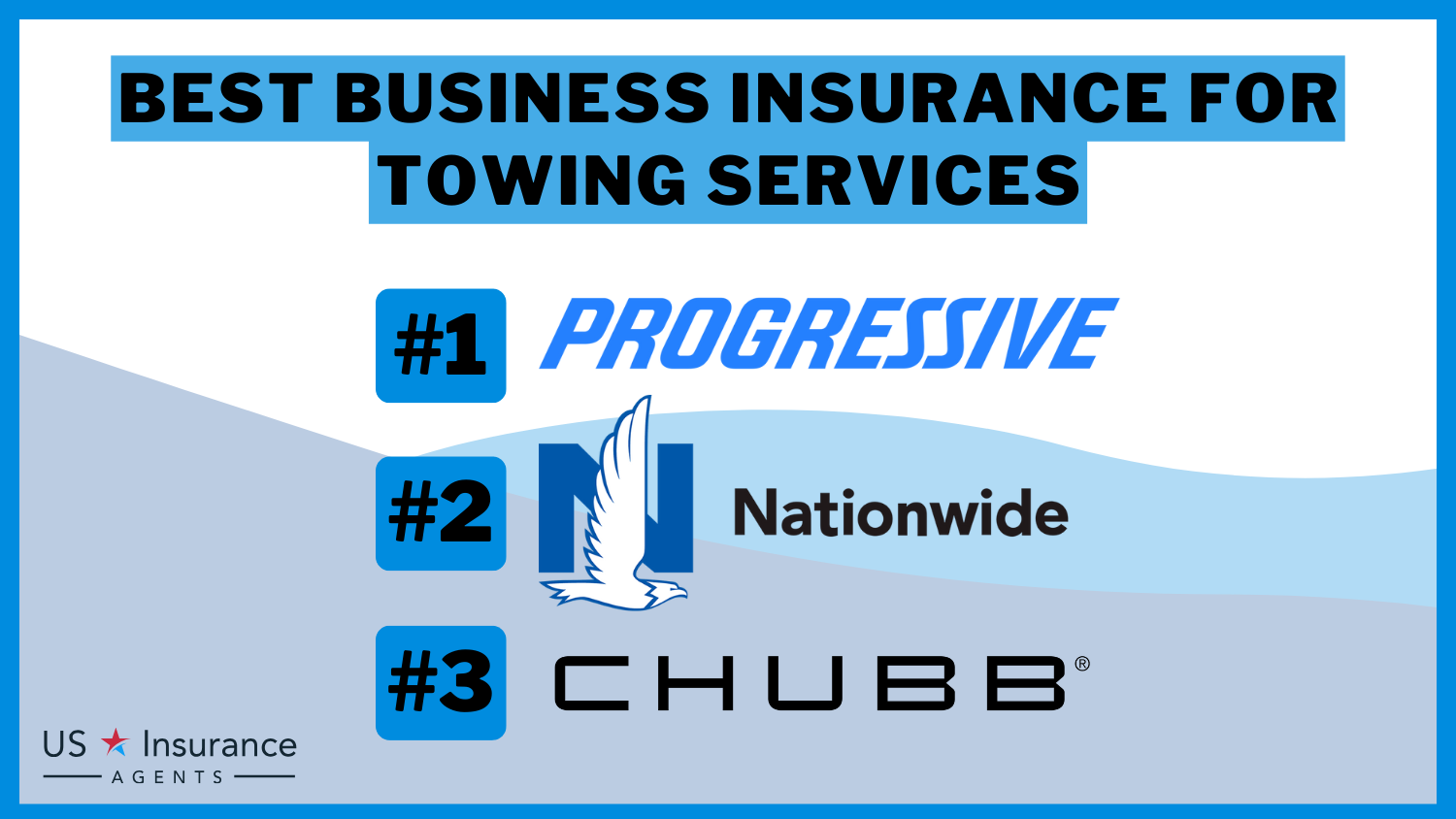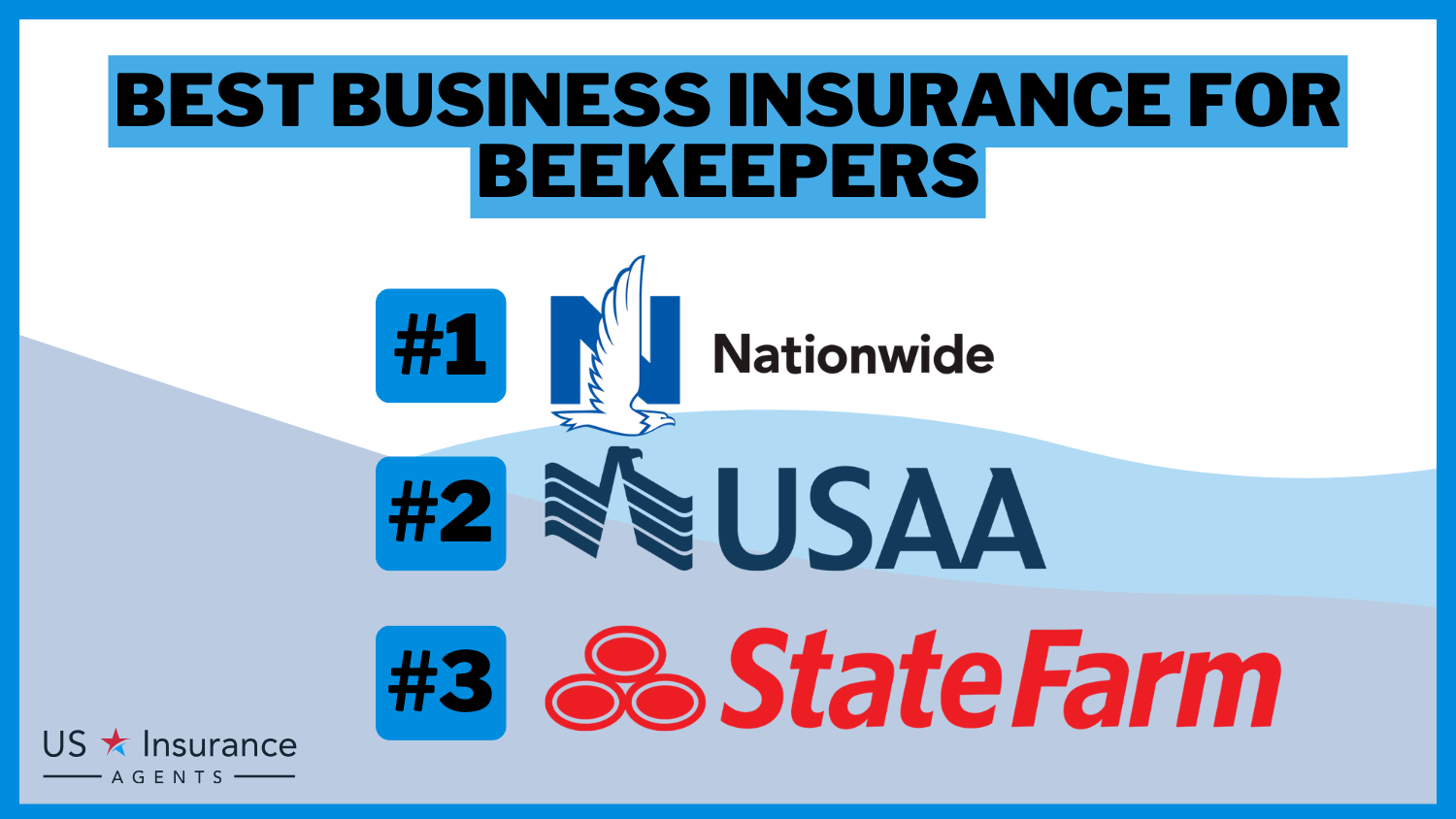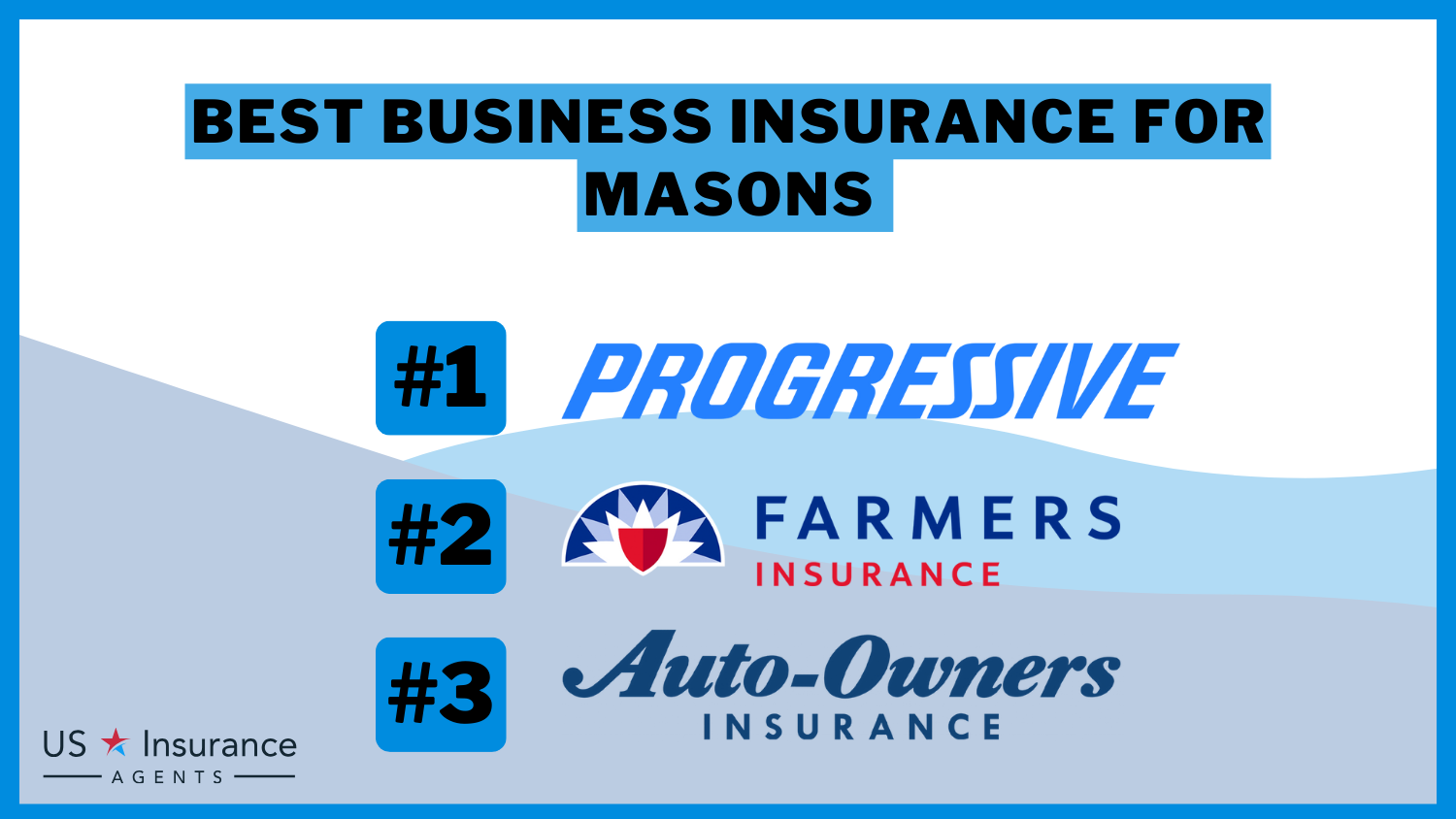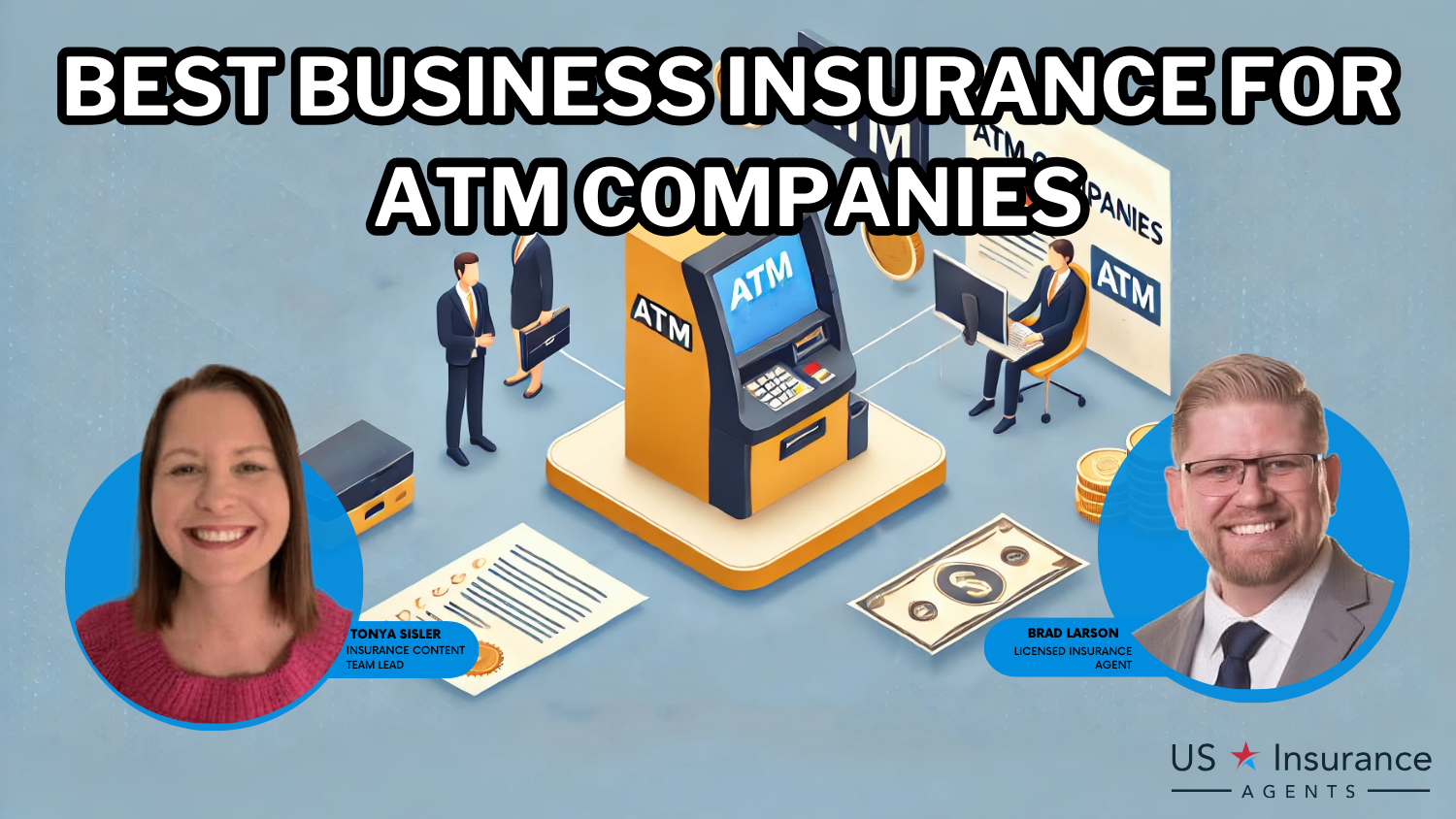Best Business Insurance for Vending Machine Businesses (2026)
Discover the importance of insurance for vending machines. From theft and property damage to product liabilities and workplace injuries, insurance safeguards your business. Learn about coverage types and how to obtain comprehensive protection. Secure your vending machine business's future today.
Read more Secured with SHA-256 Encryption






Table of Contents
Table of Contents


Licensed Insurance Producer
Dani Best has been a licensed insurance producer for nearly 10 years. Dani began her insurance career in a sales role with State Farm in 2014. During her time in sales, she graduated with her Bachelors in Psychology from Capella University and is currently earning her Masters in Marriage and Family Therapy. Since 2014, Dani has held and maintains licenses in Life, Disability, Property, and Casualt...
Dani Best


Commercial Lines Coverage Specialist
Michael Vereecke is the president of Customers First Insurance Group. He has been a licensed insurance agent for over 13 years. He also carries a Commercial Lines Coverage Specialist (CLCS) Designation, providing him the expertise to spot holes in businesses’ coverage. Since 2009, he has worked with many insurance providers, giving him unique insight into the insurance market, differences in ...
Michael Vereecke
Updated January 2025
- Financial Protection: Vending machine insurance provides essential financial protection for operators. It safeguards against potential losses caused by theft, property damage, and lawsuits related to products. Without insurance, these unexpected expenses could severely impact the profitability and sustainability of a vending machine business.
- Compliance with Legal Requirements: In many states, vending machine operators are legally required to have specific insurance coverage, such as workers’ compensation or general liability insurance. By obtaining the necessary insurance policies, operators ensure compliance with state laws and avoid potential penalties or legal issues.
- Peace of Mind: Running a vending machine business can be challenging, but having insurance brings peace of mind. Operators can focus on their daily operations, knowing that they are protected against various risks. Insurance provides a safety net, allowing operators to navigate unforeseen circumstances and potential liabilities with confidence.
Running a vending machine business comes with its fair share of risks. From potential theft and property damage to product-related lawsuits, there are various challenges that operators need to be prepared for. This is where vending machine business insurance plays a crucial role.
Not only does it provide coverage for potential financial losses, but it can also help meet legal requirements imposed by state laws or client contracts. In this article, we will explore the types of insurance that vending machine operators need and how to obtain coverage quickly and efficiently.
The Significance of Vending Machine Insurance: Protecting Investments, Ensuring Compliance, and Mitigating Risks
Obtaining insurance for vending machines is crucial for several reasons:
- Risk Mitigation: Vending machines face a range of risks that can have significant financial implications. These risks include theft, vandalism, property damage, and product-related lawsuits. Insurance coverage helps mitigate these risks by providing financial protection against potential losses. In the event of an unfortunate incident, insurance can cover repair or replacement costs, legal expenses, and even potential settlements.
- Business Continuity: Vending machines are the backbone of a vending machine business. If a machine is damaged or stolen, it can disrupt the entire operation, resulting in lost revenue and potential customer dissatisfaction. With the right insurance coverage, operators can quickly recover from such incidents, repair or replace the machines, and resume business operations smoothly. Insurance ensures that unexpected events do not cause long-term disruptions or financial hardships.
- Compliance with Legal Requirements: Depending on the location and specific regulations, vending machine operators may be required by law to have certain insurance coverages. For example, workers’ compensation insurance is often mandatory for businesses with employees. By obtaining the necessary insurance policies, operators ensure compliance with legal requirements, avoid potential fines or penalties, and maintain a good standing within their industry.
- Customer and Public Safety: Vending machines serve the public, and their use can sometimes lead to accidents or injuries. For instance, a customer could get injured while using a vending machine, leading to a potential liability claim against the operator. Having general liability insurance provides coverage for such incidents, including medical expenses, legal fees, and potential settlements. This not only protects the operator’s financial interests but also demonstrates a commitment to customer safety and satisfaction.
- Peace of Mind: Running a vending machine business can be challenging, and unexpected events can create significant stress and financial burdens. Insurance offers peace of mind by providing a safety net against the uncertainties and risks associated with the industry. Operators can focus on growing their business, knowing that they have the necessary coverage to handle unforeseen circumstances and protect their investments.
In summary, insurance for vending machines is vital for risk mitigation, business continuity, compliance with legal requirements, ensuring customer and public safety, and providing peace of mind to operators. It is an essential investment that safeguards the financial well-being and sustainability of a vending machine business.
Free Business Insurance Comparison
Compare Quotes From Top Companies and Save
Secured with SHA-256 Encryption
Comprehensive Insurance Coverage for Vending Machines: Safeguarding Operations with Appropriate Policies
Vending machine operators require various types of insurance to address the unique risks associated with their business. Here are the key insurance policies relevant to vending machine operations:
- General Liability Insurance: General liability insurance provides coverage for third-party injuries and property damage that may occur in relation to the operation of vending machines. It protects against potential lawsuits, medical expenses, legal fees, and property repair or replacement costs resulting from accidents or incidents involving customers or other individuals.
- Property Insurance: Property insurance is designed to protect the physical assets of a vending machine business, including the vending machines themselves. This coverage safeguards against risks such as theft, vandalism, fire, and natural disasters. In the event of damage or loss, property insurance provides financial assistance for repair or replacement, helping operators recover quickly and minimize disruptions to their business.
- Product Liability Insurance: Product liability insurance specifically addresses the risks associated with the products sold through vending machines. It protects operators from potential lawsuits related to product defects, illnesses, or injuries caused by the items dispensed. This coverage helps cover legal expenses, settlements, and damages awarded to affected individuals.
- Business Interruption Insurance: Business interruption insurance is crucial for vending machine operators as it provides coverage for income loss and additional expenses incurred when their business operations are temporarily disrupted. This can be due to factors like property damage, equipment breakdown, or other covered perils. Business interruption insurance helps mitigate the financial impact of unexpected interruptions by compensating for lost revenue and assisting with ongoing expenses.
- Cyber Liability Insurance: With the increasing prevalence of digital transactions and data storage in vending machine operations, cyber liability insurance has become essential. This coverage protects against cyber threats, such as data breaches, unauthorized access, or cyberattacks. It helps cover the costs associated with data recovery, forensic investigations, legal liabilities, customer notifications, and potential regulatory fines.
- Workers’ Compensation Insurance: For vending machine businesses with employees, workers’ compensation insurance is typically required by law in most states. It provides coverage for work-related injuries or illnesses suffered by employees. Workers’ compensation insurance helps pay for medical expenses, rehabilitation costs, and lost wages, while also protecting the business from potential employee lawsuits related to workplace injuries.
- Commercial Auto Insurance: Commercial auto insurance is necessary for vending machine operators who utilize vehicles for transportation, servicing, or restocking vending machines. This coverage protects against accidents, damages, and liabilities arising from the operation of business-owned vehicles. It typically includes coverage for bodily injury, property damage, and medical payments.
- Umbrella Insurance: Umbrella insurance provides additional liability coverage beyond the limits of primary insurance policies, such as general liability, auto liability, or employer’s liability insurance. This extra layer of protection is useful in situations where the damages or liabilities exceed the limits of underlying policies. Umbrella insurance offers extended financial security, minimizing the risk of significant out-of-pocket expenses.
Having a comprehensive insurance portfolio that includes these types of coverage ensures that vending machine operators are adequately protected against a wide range of risks and can confidently operate their businesses.
Understanding the Cost of Insurance for Vending Machines
The cost of insurance for vending machines can vary depending on several factors. While each business’s insurance needs are unique, there are common considerations that insurers take into account when determining premiums. Here are key factors that can impact the cost of insurance:
- Size and Scope of the Business: The scale of a vending machine operation can influence insurance costs. Insurers may consider factors such as the number of machines, locations, and annual revenue. Larger operations with a higher number of machines may incur higher premiums due to increased exposure to potential risks.
- Coverage Limits and Deductibles: The coverage limits and deductibles selected for each insurance policy can affect the cost of insurance. Higher coverage limits provide greater financial protection but may result in higher premiums. Similarly, lower deductibles may increase premiums as insurers bear a greater share of the potential costs.
- Location and Risk Factors: The geographic location of a vending machine business can impact insurance costs. Areas with higher crime rates or greater exposure to natural disasters may be associated with higher premiums. Insurers assess the risks associated with specific locations to determine appropriate pricing.
- Claims History and Risk Profile: A vending machine operator’s claims history and risk profile can influence insurance costs. If a business has a history of frequent claims or operates in a high-risk environment, insurers may charge higher premiums to account for the increased likelihood of future claims.
- Type of Coverage and Insurance Providers: The specific types of insurance coverage selected and the insurance providers themselves can also impact costs. Different insurers may have different pricing structures, policy terms, and underwriting criteria. It is advisable to obtain multiple quotes and compare offerings to find the most competitive rates and suitable coverage for a vending machine business.
While the cost of insurance is an important consideration, it is crucial to strike a balance between affordability and adequate coverage. It is generally recommended not to compromise on essential coverage to solely reduce premiums, as inadequate insurance could leave a business vulnerable to substantial financial losses.
Obtaining Insurance for Vending Machines: A Straightforward Process for Comprehensive Coverage
Obtaining insurance for vending machines is a straightforward process that can be completed efficiently. Here are the steps to follow:
- Assess Insurance Needs: Begin by assessing the insurance needs of your vending machine business. Consider the types of coverage required based on the risks involved, legal obligations, and industry best practices. Common insurance policies for vending machine operators include general liability, property insurance, product liability, workers’ compensation, cyber liability, commercial auto, and umbrella insurance.
- Research Insurance Providers: Research reputable insurance providers that specialize in vending machine insurance or commercial business insurance. Look for insurers with experience in the industry and positive customer reviews. It’s also helpful to consider providers that offer comprehensive coverage options, competitive pricing, and excellent customer service.
- Obtain Multiple Quotes: Reach out to multiple insurance providers to obtain quotes tailored to your specific business needs. Provide accurate and detailed information about your vending machine business, including the number of machines, locations, revenue, and any other relevant details. This allows insurers to assess the risk profile accurately and provide accurate quotes.
- Compare Coverage and Pricing: Review the quotes received from different insurance providers. Compare the coverage limits, deductibles, terms, and pricing to determine the best fit for your business. Consider the comprehensiveness of coverage, policy exclusions, and any additional services or benefits offered by the insurance providers.
- Consult with Insurance Professionals: If needed, consult with insurance professionals or brokers who specialize in vending machine insurance. They can provide expert guidance, help you understand the terms and conditions of different policies, and assist in selecting the most suitable coverage for your business.
- Purchase the Insurance Policy: Once you have selected an insurance provider and policy, complete the necessary paperwork and provide the required information to finalize the purchase. This typically involves providing your business details, signing relevant documents, and making the required premium payments.
- Obtain Certificate of Insurance: After purchasing the insurance policy, request a certificate of insurance from your provider. This document serves as proof of insurance and is often required when entering into contracts with clients, landlords, or vendors.
Remember to review your insurance coverage periodically and update it as your business evolves. Communicate any changes in your operations, locations, or other relevant information to your insurance provider to ensure your coverage remains adequate.
Free Business Insurance Comparison
Compare Quotes From Top Companies and Save
Secured with SHA-256 Encryption
Case Studies: Demonstrating the Importance of Insurance for Vending Machines
- Case Study: Theft and Property Damage
Scenario: A vending machine operator with a fleet of machines located in various office buildings experiences a series of break-ins and thefts. In addition to the stolen cash and inventory, the perpetrators cause significant damage to the machines and surrounding property.
Importance of Insurance: In this case, having comprehensive property insurance and general liability insurance is crucial. Property insurance covers the repair or replacement costs of the vandalized machines, ensuring the operator can quickly resume operations. General liability insurance protects against potential lawsuits from building owners or occupants for damages caused during the break-ins. Without insurance, the operator would be burdened with significant financial losses and potential legal liabilities, jeopardizing the business’s continuity and reputation.
- Case Study: Product Liability Lawsuit
Scenario: A customer purchases a snack from a vending machine and suffers an allergic reaction due to an undeclared ingredient. The customer files a lawsuit against the vending machine operator, claiming negligence in product labeling and seeking compensation for medical expenses and damages.
Importance of Insurance: Product liability insurance plays a critical role in this case. It covers legal expenses, settlements, and damages awarded to the affected customer. Without this coverage, the operator would have to bear the financial burden of defending against the lawsuit and potentially paying out a substantial settlement. Product liability insurance provides financial protection and ensures that the operator’s business and personal assets are safeguarded against such unforeseen product-related incidents.
- Case Study: Workers’ Compensation Claim
Scenario: While restocking a vending machine, an employee slips and falls, resulting in a severe back injury. The employee requires medical treatment, rehabilitation, and time off work to recover.
Importance of Insurance: Workers’ compensation insurance is essential in this scenario. It covers the injured employee’s medical expenses, rehabilitation costs, and a portion of their lost wages. Without workers’ compensation insurance, the operator would be responsible for paying these expenses out of pocket. Furthermore, non-compliance with workers’ compensation requirements could result in legal penalties and damage the business’s reputation. Having the appropriate insurance coverage protects both the employee and the vending machine operator from the financial consequences of workplace injuries.
These case studies highlight the real-world importance of insurance for vending machine operators. Insurance coverage provides financial protection, legal support, and peace of mind in the face of theft, property damage, product liabilities, and workplace injuries. It enables operators to focus on their business operations, knowing that they are well-prepared to handle unexpected incidents and their associated costs.
Roundup: Business Insurance for Vending Machines
Insurance plays a pivotal role in safeguarding the future of vending machine businesses. The unique risks faced by operators, including theft, property damage, product liabilities, and workplace injuries, can have detrimental financial and operational consequences. However, by obtaining the right insurance coverage, operators can mitigate these risks and ensure the longevity and success of their businesses.
In conclusion, insurance for vending machines is not just a recommended precaution; it is a vital investment in the long-term success and stability of the business. By proactively addressing potential risks through comprehensive coverage, vending machine operators can navigate challenges with confidence, protect their assets, and focus on delivering quality products and services to their customers.
Remember, insurance is not merely an expense—it is a strategic tool that fortifies the resilience and viability of vending machine businesses, enabling them to thrive in a dynamic and unpredictable business environment.
Frequently Asked Questions
Is insurance mandatory for vending machine businesses?
While insurance requirements may vary by location and client contracts, certain policies like workers’ compensation are often legally required.
What risks does insurance for vending machines typically cover?
Insurance can cover risks such as theft, property damage, product liabilities, workplace injuries, cyberattacks, and accidents involving commercial vehicles.
How much does insurance for vending machines cost?
The cost varies depending on factors like business size, coverage limits, location, claims history, and types of policies. It’s recommended to obtain multiple quotes for accurate pricing.
Can I purchase insurance for my vending machine business online?
Yes, many insurance providers offer online platforms where you can apply, compare quotes, and purchase policies conveniently.
What steps should I take if I need to file a claim?
If you need to file a claim, promptly notify your insurance provider, provide all necessary documentation, and follow their instructions for a smooth claims process.
Get a FREE Quote in Minutes
Insurance rates change constantly — we help you stay ahead by making it easy to compare top options and save.

